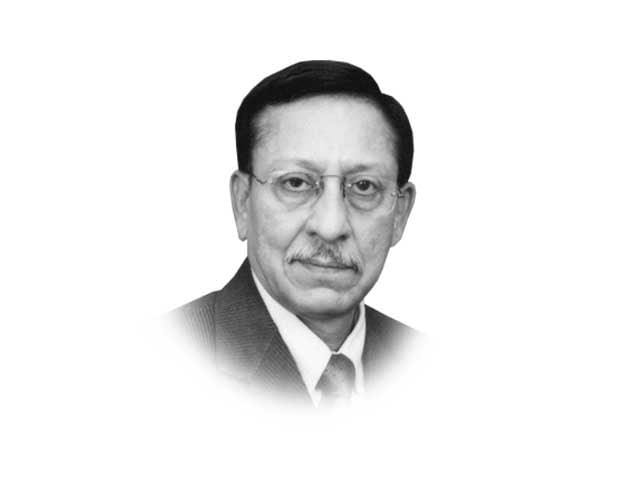Education & the future of thousands
Newly appointed chairman of BIEK disclosed that each year the Board is up for sale for Rs240 million

The writer is an educationist who has served in the Pakistan Navy
Before this situation gets out of control, the government is well advised to initiate an impartial inquiry for transparent and smooth functioning of the BIE’s affairs after removing the present hierarchy and sealing all records. Till the completion of the inquiry, the BIE’s premises should be declared out of bounds for the general public. The agitation by a section of its employees and the Sindh Professors and Lecturers Association’s statement against the chairman smacked of the political dimension of this ugly episode. Important issues, which so far have been thrown under the carpet by the board’s authorities must come to the surface.
Let’s now talk about assessments, the most important aspect on which rest the future of thousands of students. The whole system is shrouded in secrecy and students are at the whims of those teachers appointed as examiners. This arrangement is faulty in that each teacher is required to assess 22 answer scripts and create an award list, all within two hours. How it is done judiciously within two hours is beyond my imagination. In my own experience, it is next to impossible to assess 22 answer scripts conscientiously in two hours. The safest practice which the board’s examiners have devised for themselves is to award average marks without considering the loss and injustice inflicted upon hard-working students.
Besides, each teacher is given an additional packet of 22 scripts for home assessment. Thus the remuneration of each teacher per day comes to Rs888, plus Rs400 as conveyance charges. The teachers are only interested in minting money and playing havoc with students’ careers. The students are at a disadvantage in language papers where there is no standardised marking system, especially when it comes to descriptive answers. Take the example of the English paper, which is divided into three sections. Section I consists of 20 MCQs of 20 marks. Section II consists of short questions, and out of 15 questions, candidates are required to attempt any 10, each question carrying five marks. This part is of 50 marks. Unfortunately, there is no defined way of answering these questions. Since the answers are descriptive, the best of students get 35 marks or so. This means that they lose 10-15 marks due to the lack of appropriate instructions, as a result of which, they answer these questions in varied ways. Similarly, in Section III, which carries 30 marks and includes an essay-writing part, the best answers will fetch 20-23 marks at the most.
Even the scrutiny process is a farce, which only consists of rechecking marks and ensuring that no question is left unmarked. This whole process needs to be redefined and an independent committee be given the task of scrutinising answer scripts. Examiners should be grilled and made answerable to justify their assessment criteria. Unless this is done, each year hard-working students will be sacrificed at the altar of incompetent and greedy teachers. Why aren’t the examiners made accountable for their deeds?
What a sad spectacle of affairs! Gone are the days when such institutions were far from any doubt, and no questions were ever raised on their efficiency. These institutions were run by men of impeccable character and integrity. In the late 1960s, Sindh had two boards — one at Hyderabad and the other at Karachi. These have now been bifurcated into seven boards. My father used to be the examiner of the Board of Intermediate and Secondary Education, Hyderabad. As a young boy I witnessed an efficiently functioning system through which the answer scripts were received at Larkana and sent back to Hyderabad without any problem. No malpractices were ever heard of nor were there any complaints of disappearance of answer scripts from an efficient railway service. We need transparency and accountability in our education system; and in order to save the future of our youth, the government is well advised to take stern action against all those involved in corrupt practices at the BIE, Karachi.
Published in The Express Tribune, October 17th, 2015.
Like Opinion & Editorial on Facebook, follow @ETOpEd on Twitter to receive all updates on all our daily pieces.
















COMMENTS
Comments are moderated and generally will be posted if they are on-topic and not abusive.
For more information, please see our Comments FAQ